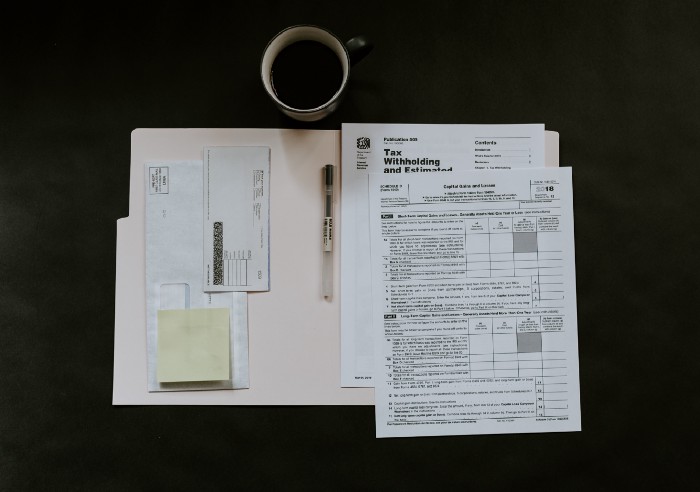
My accountant Sheldon Gordon died Monday night. It might not be the kind of news one would normally think about for too long, much less write about. Your accountant dies, you find another one. It’s just business. Right?
Not really.
See, Shelly cared about me and my family in a way that transcends what we would call a client relationship. He didn’t just do the sorts of things that one might learn in a sales or customer relations course about sending calendars or Christmas gifts, making small talk, or remembering the names of their kids. No, Shelly merged his business and personal life — what Marx might call his economic and his social lives — in a way that made them indistinguishable. Ethically, creatively and, sure, professionally.
There’s a lesson here for people trying to do business in a more holistic way, but maybe even more of a lesson for people like me, who are often at pains to distinguish between work and life — as if business and money somehow sully or compromise genuine friendship. We work for strangers, but do favors for our friends. “Don’t mix business and pleasure,” I heard countless times growing up. But that ethos is itself an artifact of a world where our work was intentionally disconnected from our social reality. When we started working for “the man” instead of one another.
Shelly worked in the opposite way. Every one of his clients became a member of his family. I mean, for real. I knew his sons — particularly the one who became the lawyer, and the one who became the accountant like his dad. I knew his wife, who would wait with me on the phone instead of putting me on hold, so she could inquire about my wife’s health, or reassure me that the latest letter from the IRS would not become a problem.
My own dad was an accountant, and did my taxes until he died. Shelly took me on as if I were another son. He’d take my calls at any time, day or night, office or home, or even in Boca. He’d want to talk about my work — particularly when my books turned to business or the economy — telling me what subjects would be most useful to him as a reader. I also like to think I was at least part of the reason he switched allegiances to the Mets after 70 years a diehard Yankee fan, because I convinced him it would be a greater challenge.
But this wasn’t the part of our relationship that was so unique to me. What made him so special was the way he expressed his love and care for me through his work on my behalf. When my wife and I got audited for our healthcare expenses (the IRS simply couldn’t believe how little our insurance reimbursed us) he took personal umbrage. So did his wife and kids. And he took personal pleasure in fighting for my family.
It was a six-month battle, with hundreds of pages of paperwork, diagnosis codes, prescription denials, “explanation of benefits,” and bank statements. And I’ll never forget the day he called me from his Florida condo to say, “kid, they won’t be bothering you again.” He was gloating. Not only because he had brought the IRS to its knees, but because he had protected his kin from a predator.
This is the sort of “business” relationship Marx was referring to when he wrote about our ways of working before capitalism. We didn’t work for profit, but to enact equity. Our relationships were social — not in the sense that we were friends, but that we were all contributing to the family enterprise, together. I might go kill a chicken and bring it home to my family, who had been making rice and tortillas all day. Between all of us, we get burritos. Only with the advent of the marketplace did we stop thinking about how genuinely useful we could to one another, and instead focused on how to maximize our exchange value — how much profit we could get — in the deal.
And yes, I paid Shelly for his services, but it was as if a fee structure didn’t exist. It was simply my way of helping to pay the bills. We were in it together. Contributing as best we could to each other’s lives, as if we were family.
So yes, I’ll miss my accountant who taught me the true meaning of the word accountability. Thank God his son is now my brother. And my new accountant.